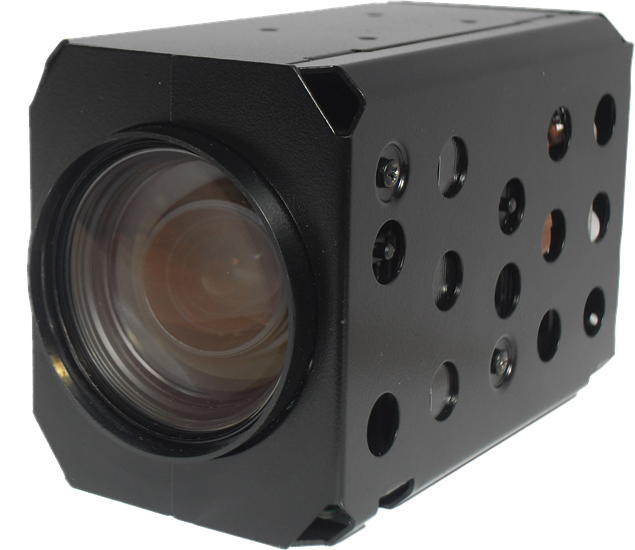

In an American study, about 60% of the population self-reported spending more than 5 h per day in front of digital devices. Therefore, we are under longer and more intense exposures to artificial light (especially blue light) and spend more and more hours in front of screens emitting blue light. As we spend more than 90% of our lifetime in an indoor environment, these two major technologies that have recently emerged (LED lights and the last generation of screens), have increased the exposure to manufactured light sources, with potential deleterious ocular effects. In addition, in recent years, we have observed a proliferation of numerous sources rich in blue light, in particular digital devices (computer monitors, smartphones, tablets) containing LED backlighting technology. Since the nineties, in an economic and ecological approach, incandescent bulbs have been progressively replaced by light emitting diodes (LED) lights, which have gradually replaced most conventional light sources. Due to its high energy, blue light can cause and accelerate photochemical reactions and retinal cell damage. However, inappropriate lighting exposure (especially from artificial sources of blue light in the evening or at night) may lead to harmful effects on health. Exposure to blue light during the day is crucial to keep our biological needs in balance and affects our body and mind, both visually and nonvisually, mainly to regulate human behavior and circadian rhythm. While there is no evidence of a beneficial effect of blue blocking lenses for the prevention of eye diseases, a diet rich in lutein and zeaxanthin (natural blue-light filtering retinal pigments) and antioxidants (vitamins C, E, zinc, etc.) such as the Mediterranean diet, could contribute to the prevention of ocular photochemical damage.īlue light is everywhere in our environment and is emitted mainly from the sun. To prevent potential photochemical damages and photoreceptor loss, it is recommended to avoid LEDs emitting cold white light with a high level of blue component (lamp or luminous objects) in areas where children could be exposed. However, questions remain about the long-term cumulative exposure of blue light (and particularly LEDs emitting cold white light) and the potential deleterious effects on their ocular health in late adulthood, particularly for specific light-sensitive populations (young children, older pseudophakic individuals).

There is no evidence that light emitting diode (LED) light sources in normal use at domestic intensity levels, or used as backlights in screen devices, are retinotoxic to the human eye. However, the potential toxicity of long-term cumulative exposure and the dose-response effect are currently unknown.Įxposure to blue light raises questions about its potential deleterious effects on eye health. ConclusionĬurrently, there is no evidence that LEDs in normal use at domestic intensity levels or in screen devices are retinotoxic to the human eye. Antioxidants such as vitamins C, E, or zinc might also contribute to the prevention of photochemical ocular damage by preventing oxidative stress. These nutrients are associated with lower risk for AMD and cataract. In humans, macular pigments (composed of lutein and zeaxanthin) represent a natural protection by filtering blue light, and can be increased through increased intake from foods or food supplements.

Regarding protection, there is currently no evidence of a beneficial effect of blue blocking lenses for the prevention of eye diseases, in particular age-related macular degeneration (AMD). However, currently, there is no evidence that screen use and LEDs in normal use are deleterious to the human retina.

In vitro and in vivo studies have shown that certain exposures to blue light (depending on the wavelength or intensity) can cause temporary or permanent damage to some structures of the eye, especially the retina. Resultsīlue light exposure provokes photochemical reactions in most eye tissues, in particular the cornea, the lens, and the retina. The search of relevant English articles was conducted in PubMed, Medline, and Google Scholar databases until December 2022.
DOES F.LUX BLOCK BLUE LIGHT UPDATE
The aim of this narrative review is to provide an update on the ocular effects of blue light and to discuss the efficiency of methods of protection and prevention against potential blue light-induced ocular injury. This raises some questions about its potential deleterious effects on eye health. Exposure to blue light has seriously increased in our environment since the arrival of light emitting diodes (LEDs) and, in recent years, the proliferation of digital devices rich in blue light.


 0 kommentar(er)
0 kommentar(er)
